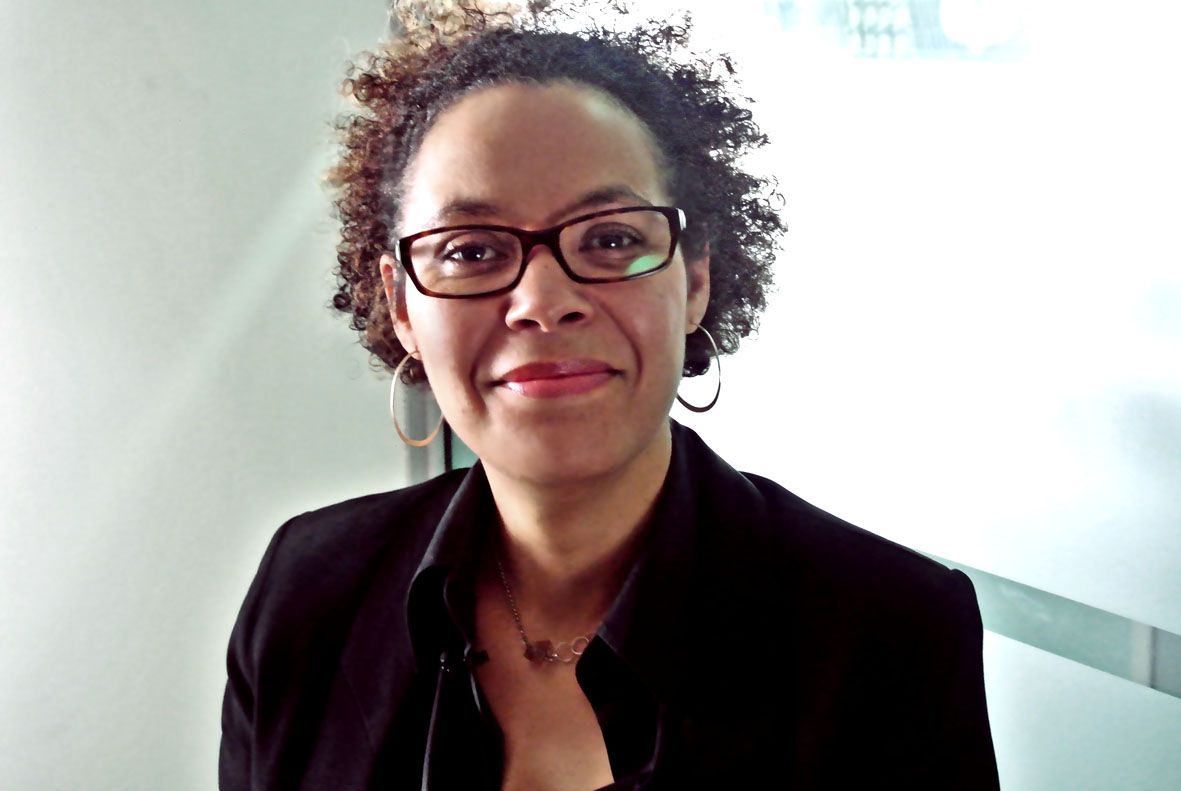Posted on: 13 November 2020
The NHS is investing to support two million more people in mental health services every year, possibly the biggest effort we’ve made to respond to rising need at this scale – certainly if this commitment was for another illness it would be sung from the roof tops; its ambition is huge.
Unless we can make mental wellbeing key to everyone, working together, we won’t reach those who need our support and we won’t transform this growing health need or change attitudes that make it so stigmatising. This is about why and how.
Inequalities in mental health are experienced across society, stemming from discrimination and marginalisation, associated with unequal determinants of mental health - disparities in wealth and power, unequal opportunities in education and work, and a lack of decent housing and personal safety. Addressing them must be our core business alongside the vital work of delivering high quality care equitably and compassionately.
The Commission for Equality in Mental Health, hosted by Centre for Mental Health, brought together a diverse group of people with personal and professional experience of health inequalities to help identify what a ‘system designed for equality’ could look like, and what steps are needed to get there. The Commission’s report, Mental Health for All, sets out its roadmap for getting us to a system designed for equality. And as workers and leaders in the NHS, we need to be at the heart of the movement to create equality in mental health, standing alongside our community partners.
Many NHS mental health services are already on this journey, motivated by a desire to improve the support we offer communities that are disproportionately exposed to risk factors for poor mental health. While there is no room for complacency, momentum is growing for mental health equality. The Advancing Mental Health Equalities strategy sets out a clear agenda for what we need to do in the NHS for our part.
The Commission for Equality in Mental Health makes it clear that addressing mental health inequalities is not just the role of the NHS. The contributions of national and local government, communities, the voluntary sector, employers and educators are all important. We cannot do it alone.
We can, however, lead the way. NHS commissioners and providers are key partners in local areas. It is within our gift to better connect those parts of the system which can address inequalities in housing, social security, isolation, discrimination and disadvantage. Helping people to get money coming in, to feel safe at home, to have a good job and to do well at school are just as important as the excellent clinical care we aspire to provide to all who need it. We can make sure that people who have been abused, excluded and oppressed in their lives experience something very different from our services: a healing environment that creates safety, that supports recovery and respects autonomy. That’s why being trauma-informed, culturally competent and holistic are so important for all of the services we provide.
We can work arm-in-arm with our communities and local voluntary organisations. Many promising examples feature in the Commission’s report. We can partner with other public services in our local areas to make sure people’s rights are upheld and their needs are met. We can create new opportunities for jobs in our own organisations for people in the communities we serve. And we can reach out and share skills and knowledge – learning in both directions as we in CNWL have done together with the people affected by the horrors of the Grenfell Tower fire and alongside residents in Alperton East, an area with the highest Covid-19 death rate in the country in the three months from March.
We can build a system designed for equality. It may not happen overnight, but in this year that has seen so much loss and tragedy, we cannot ignore the inequalities and injustices all around us, and we cannot afford to be bystanders.
By Claire Murdoch, Chief Executive, Central and North West London NHS Foundation Trust and Syena Skinner, Assistant Director of Recovery, Organisational Learning & Development at Central and North West London NHS Foundation Trust.
